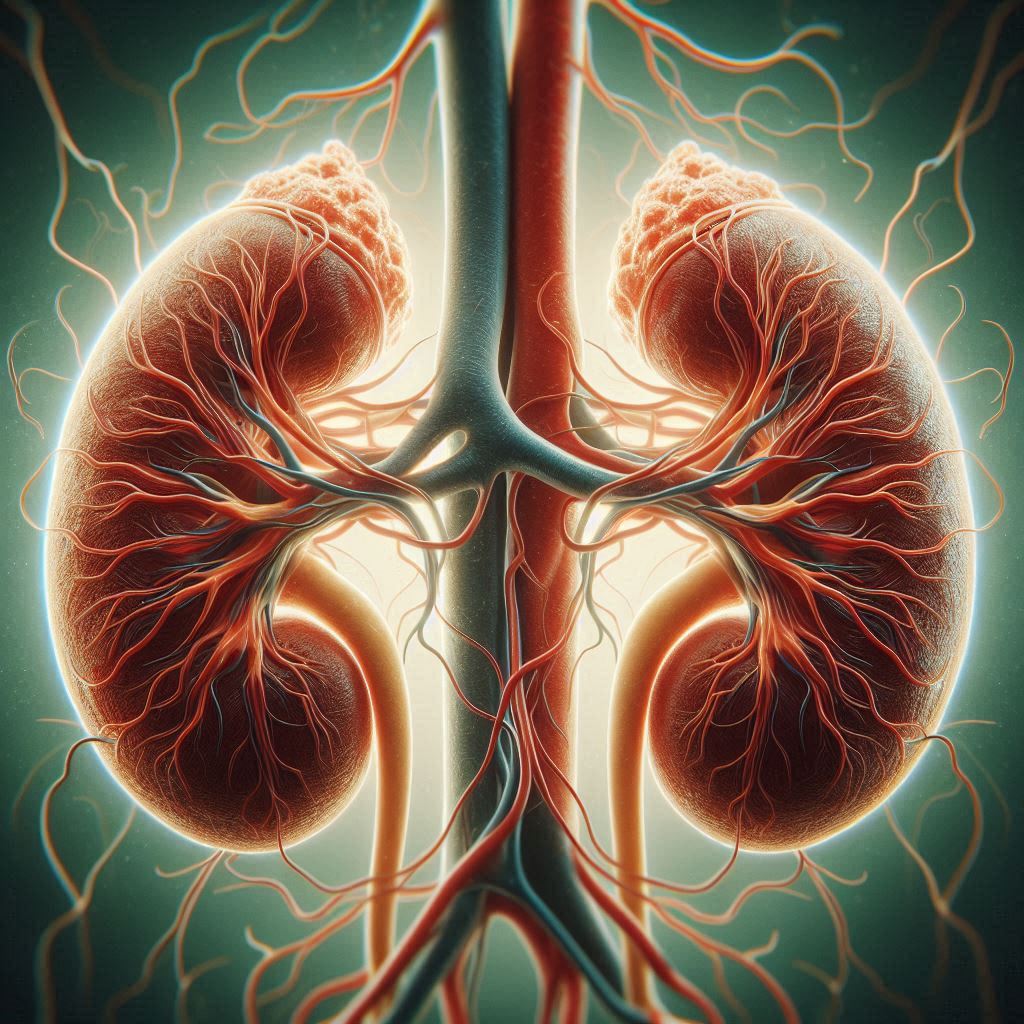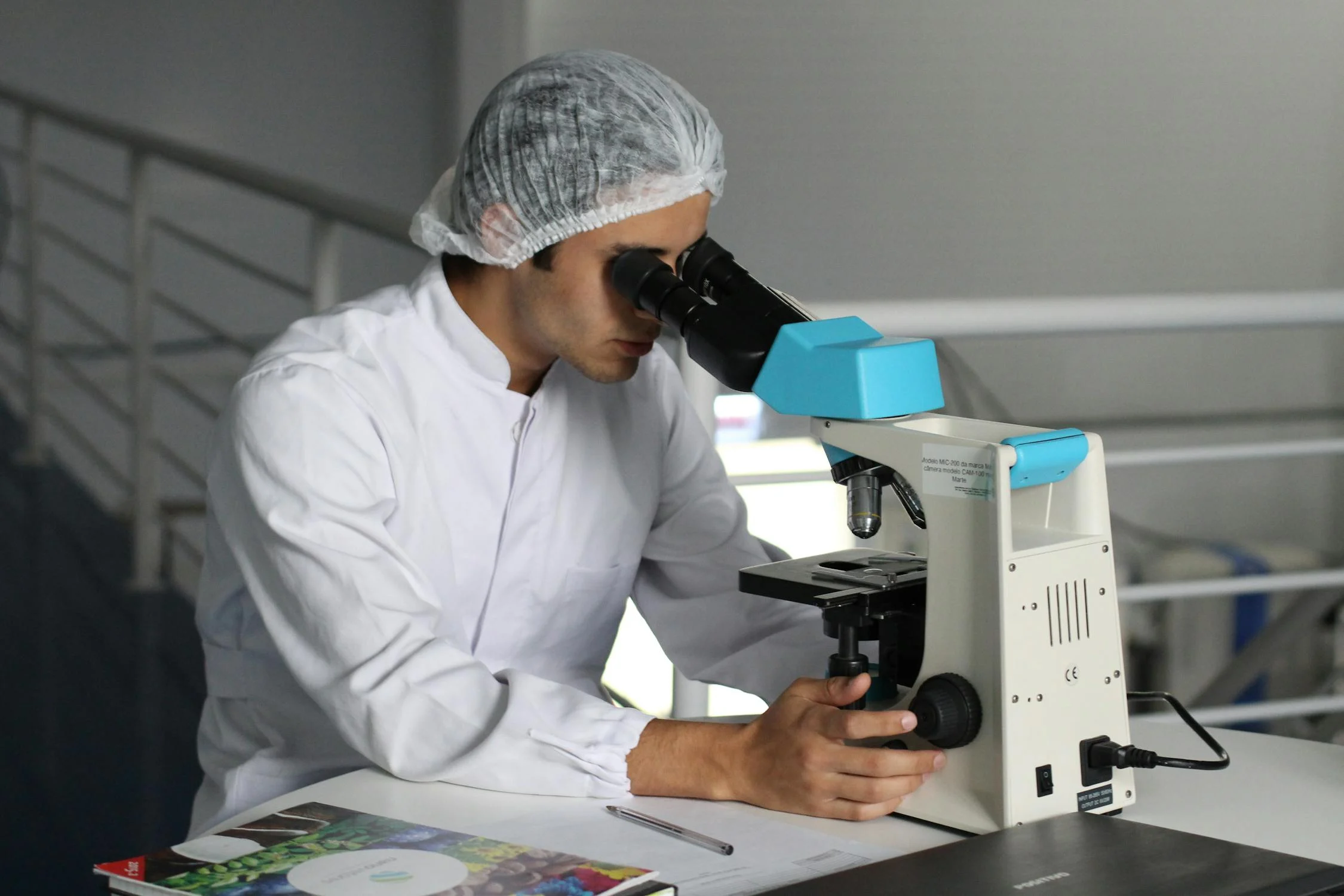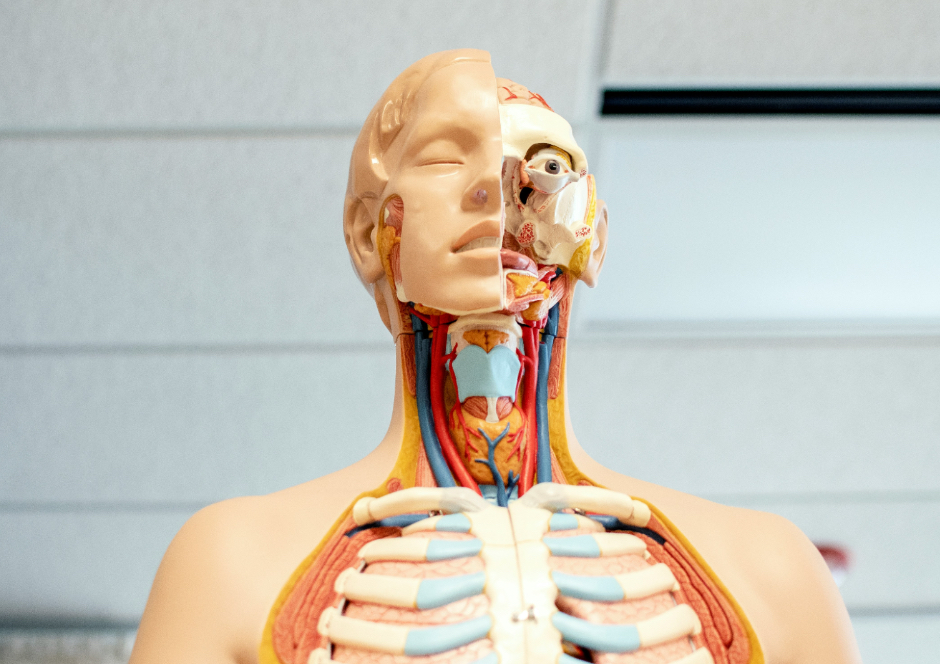Diabetes insipidus (DI) is a condition that causes excessive thirst and urination. It is different from diabetes mellitus (sugar diabetes) and does not affect blood sugar levels.
Causes
DI occurs when the body does not produce or respond properly to the hormone vasopressin (also known as antidiuretic hormone or ADH). Vasopressin helps the kidneys conserve water by reabsorbing it from the urine.
There are two main types of DI:
- Central DI: Caused by damage to the hypothalamus or pituitary gland, which produces and releases vasopressin.�
- Nephrogenic DI: Caused by the kidneys’ inability to respond to vasopressin.�
Symptoms
The main symptoms of DI include:
- Excessive thirst
- Frequent urination (often more than 2 liters per day)
- Dehydration
- Dry mouth
- Weakness
- Blurred vision (due to dehydration)�
Diagnosis
To diagnose DI, a doctor will typically perform a physical exam, ask about medical history, and order tests such as:
- Urine test to measure the concentration of vasopressin
- Blood test to check for pituitary or hypothalamic problems
- Water deprivation test to see how the body responds to dehydration�





Leave a Reply